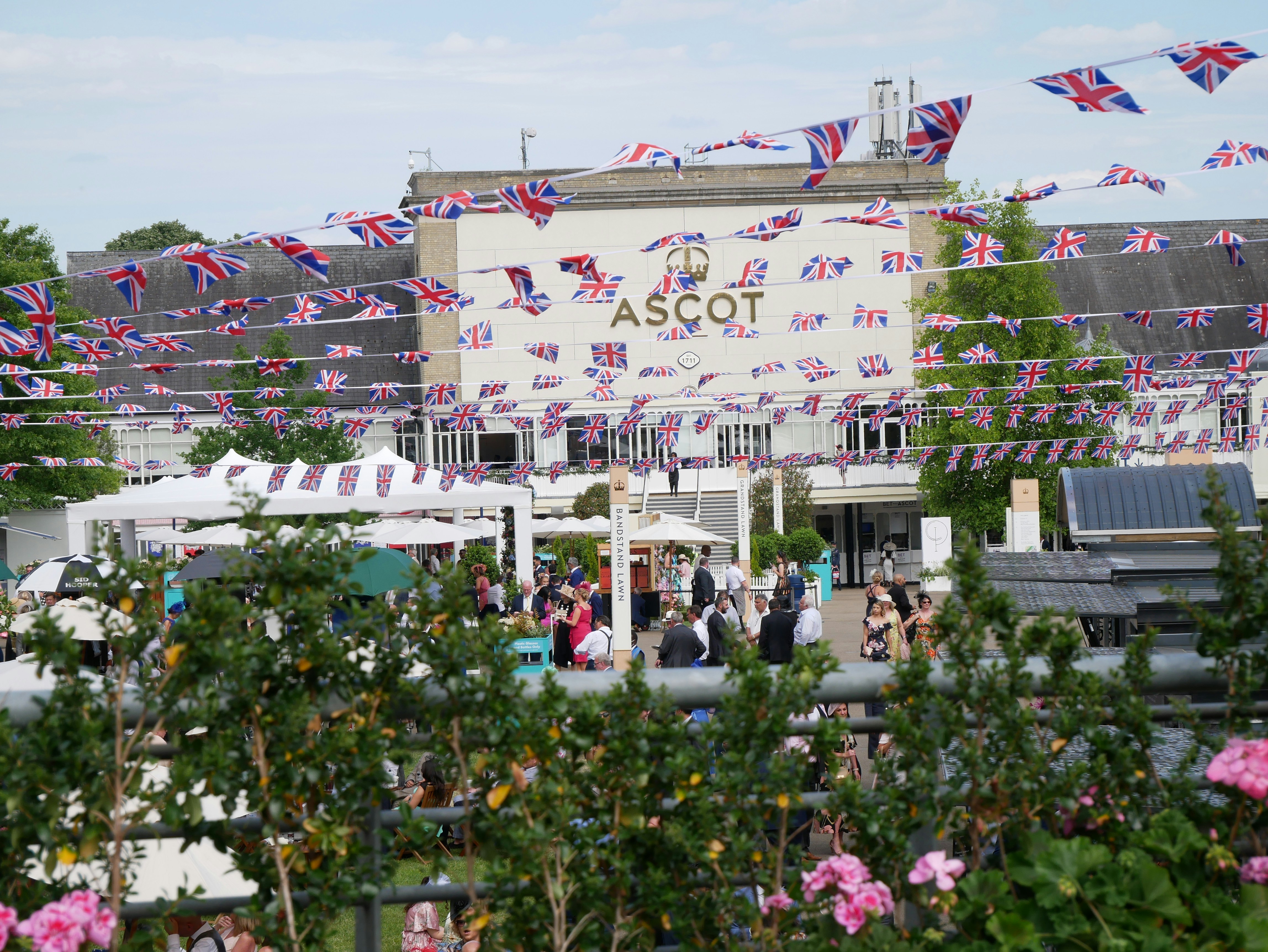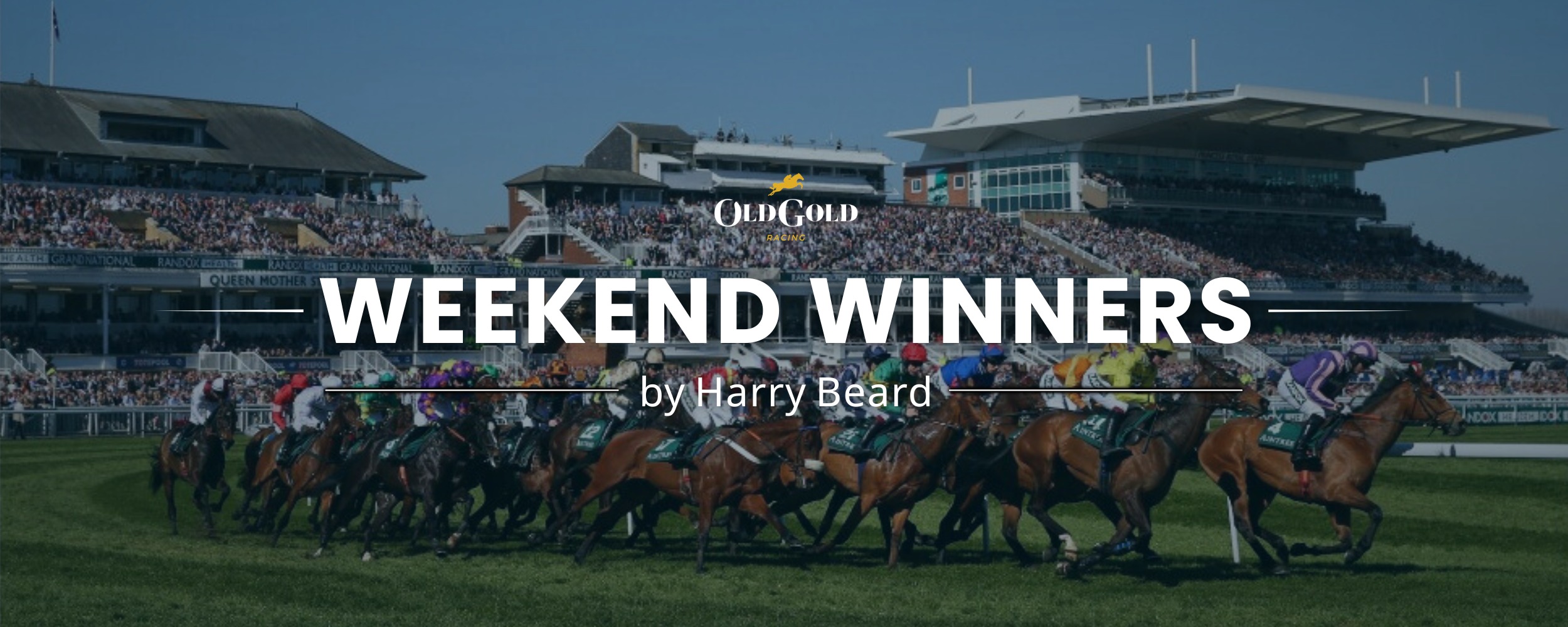Old Gold Racing
March 10, 2022Betting Coups - Yellow Sam
With the Gallahers Cross story on everyone's lips, we thought we'd revisit a piece we shared a while ago... Barney Curley won big, with Yellow Sam, at Bellewstown, County Meath, in 1975. He needed to. His debts were eye-watering. The entirely legal coup was very simple. He first required a horse that would start at long odds, and win...

‘Next to winning, I like losing’ is my favourite quote from a gambler. I wish I could remember who said it.
Gamblers Never Win is an old adage, and also a short story by Stan Barstow, published in 1961. Barstow is most famous for his first novel, A Kind of Loving, which was filmed with Alan Bates, and is considered one of the ‘new wave’ of working class novelists (John Braine, who wrote Room at the Top, and Alan Sillitoe –The Loneliness of the Long Distance Runner and Saturday Night and Sunday Morning – are others) who emerged in the early 60s.
This was the time when English culture moved from the Drawing Room to the Kitchen Sink.
It is something of a Cautionary Tale, almost Methodist in its morality. Scurridge, in his 50s, an unpleasant man in a loveless marriage, is returning home from the greyhound track on a Saturday night. He has won a few quid and has had a few drinks. Checking his Pools coupon, he realises he has won. He celebrates but, outside his terraced home, falls, cuts an artery, and dies.
Quite. Not Barstow at his best but still illustrative of a truth. I remember an Irish voice explaining that a bettor could win every day for twenty years, and still lose it all in an afternoon.
A gambler who did win was Barney Curley, with Yellow Sam, at Bellewstown, County Meath, in 1975.
He needed to. His debts were eye-watering.
The entirely legal coup was very simple. He first required a horse that would start at long odds, and win. He approached his trainer, Curragh-based Liam Brennan, in confidence. According to Brennan, Yellow Sam had improved a lot. Although in two years his highest placing had been eighth, he had run at the bigger tracks and on soft ground, neither of which suited him. A modest race – like the Mount Hanover Handicap Hurdle – should be within his compass.
Second, he needed a means of getting the money down. He arranged to hit 300 betting shops across Ireland, with bets placed around fifteen minutes before the race. Curley had ‘five or six men’ he could trust. Each of those was asked to enlist equally reliable cohorts. In the end around £15,000 was wagered, with stakes ranging from £50 to £300. It was important to give the shops time to lay the money off.
The third pillar of the plan was the incomparable Benny O’Hanlon. Benny was a large, fit man with a great sense of humour. He was, as the Irish say, sound.
Bellewstown, in those happy days, was connected to the outside world by a single payphone. In order for the plan to work Hanlan had to occupy the booth from 25 minutes before the race until the off. That wasn’t going to be easy.
The starting price of all horses was determined by the on-course bookies. It was essential that they remained ignorant of the huge amount of cash being placed on Yellow Sam. Benny was to be a latter
day King Canute, aiming to hold back the crashing surf of layers desperate to make contact.
Everything was planned. He gained possession of the phone without trouble, now the task was to keep it. He began a loud, imagined conversation with a distant hospital. A fictional aunt was seriously ill.
The strategy was that he would repel potential callers – and there would be many – first with explanations, charm and wit, and then, if needed, with protestations and pleas. This was an exceptional aunt; steadfast, loyal, courageous, virtually a saint; she was the Virgin Mary of his family,
the Brigid of Kildare of his past. She was an Aunt for all Seasons.
Naturally there were occasionally those whose desire to make a call overrode their sympathy for Benny’s private distress. For these, there was another weapon. The look in Benny’s eye.
During the planning stage it was felt that this was as far as things were likely to go, and so it proved, but O’Hanlon was ready to fight if need be and to smash the phone if he had to. Benny would have done time rather than let Barney down.
As the tannoy declared the race in progress, O’Hanlan emerged, exhausted and drenched in sweat. There had been a miracle, he told the assembled, his aunt had turned the corner. He apologised profusely and shook many hands. Someone brought him a pint of Guinness. He had downed it by the time Yellow Sam cruised home.
The battle was half won. Nervously, he waited for the price (he had had no time to check the odds).
Barney Curley, present but incognito, already knew. He felt good. He’d just had fifteen grand on a 20/1 winner.
The phone-box, no longer operational, has been preserved by Bellewstown. Now that the bookies have got over their bad mood, everyone there is rather pleased it happened.
If Barstow had ever met Barney and Benny, and their mates, he might have loosened up a bit.

Written by:
Old Gold Racing
Share article:


